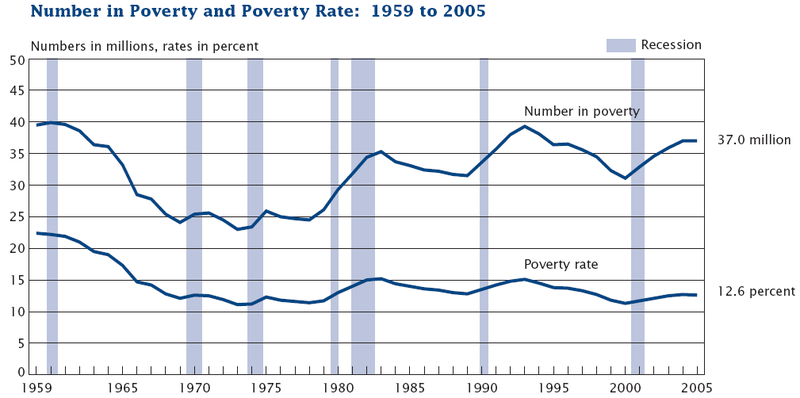Zander
Platinum Member
You forgot..... Stop paying the rent, stop heating your home, stop getting sick, stop dreaming about educating your kids
Sorry Leftwinger - Actions have consequences. If you spend your life smoking cigarettes, getting high, drinking alcohol, and buying lottery tickets - you're life may not be so great. If you can't afford to pay your bills - Move in with family or friends, share expenses with other people that make bad decisions like you, eat less food. The best education you can give your kids is by example. Stop being a loser.
Sorry Zander...but it is the same old blame the victim mentality of the conservative right. "If only they hadn't blown their money...they would be rich like you and I"
I hear the same old stories about how poor people scam the system and drive Escalades while collecting food stamps. The same stories of "I was on line at the grocery store and they were buying Filet Mignon with food stamps"
The poor people I have met in my life worked hard. They drove 15 year old pickup trucks, had hand me down furniture and their kids wore hand me down clothes. If the car broke down and they needed $600 to repair it...they did without. If they had to pay a $1000 doctor bill...they did without. Electricity got cut off and bills did not get paid.
Not everyone in this world gets dealt a fair hand. Some get everything handed to them and some get nothing but scraps.
These people are not the losers that you claim. They work hard and have little to show for it. You can gloat and say they deserve it. But sometimes there is not an open path for success. In every society, some flourish and some suffer. A great society takes care of all its citizens
What an emotional load of crap !! A great society is a leftist fantasy. Great individuals are what we need.
The people you describe are economic losers (they may be kind, wonderful, loving people) because they never updated their skills and they fail to live below their means. They never put anything away for a rainy day - but they have all the toys and trapping a consumer could ask for!! Now it's raining and they want a handout ?? Too bad. You'll take the pittance that the government gives you and be happy you got anything. Move in with your friends or relatives. Sell your TV, I-pad, I-pod, Lap top, cell phone, your WII and your play station. Cancel the cable and internet. Maybe someday you'll understand that the only person responsible, for your life is YOU. It isn't "blame" leftwingnut - it is REALITY. The Government and "society" is not your mommy and daddy. Grow up and deal with it, or take the crumbs that "society" gives you.


